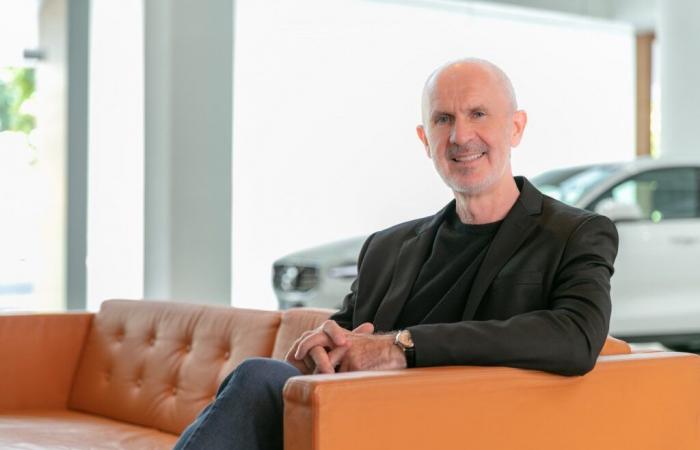For Jim Rowan, the decline in the Chinese market could push Western brands to become more offensive in their domestic market again, and push prices down. The boss of Volvo believes that the premium segment could in turn engage in this practice.
Jim Rowan, CEO of Volvo Cars. ©Volvo
“The biggest question is what to expect in 2025.” Volvo’s CEO does not hide his skepticism about the ability to establish a reliable forecast model for the coming year. In an interview with Automotive News, Jim Rowan estimates that the upheaval in the global automobile market could accelerate in 2025.
According to him, China will play a driving role in these structural changes. The massive withdrawal of Western brands from the Chinese market will force them to amplify their price war on their domestic markets. “If you’re a company that’s losing market share in China, you’re going to try to gain market share elsewhere. As a result, we’re going to start seeing hypercompetitiveness play out globally.”he analyzed.
Jim Rowan also judged that European customs duties will no longer have effects in 2026, when Chinese automobile groups will have inaugurated their European factories.
The boss of Volvo returned to the strategic shift of the Swedish brand, a subsidiary of the Chinese group Geely, which has given up on becoming 100% electric in 2030. “It was clear that the road to electric was going to take a little longer than everyone thought four or five years ago”he declared. He explains this decision as follows: “the shift has been driven in part by consumer sentiment, concerns about charging infrastructure and the removal of incentives, in some cases almost overnight, in many countries.”
Will the Chinese electric premium cut its prices?
His concern mainly concerns the evolution of the Chinese market for high-end electric cars. Jim Rowan believes that this segment will be subject to strong pricing pressures in the next two years. Some manufacturers could even sell at a loss in order to free up cash.
In Europe, Volvo announces that it will produce its EX30 in its factory in Ghent, Belgium, from the second half of 2025, in order to avoid customs taxes. The manufacturer, however, has a substantial carbon credit. He then considered reselling part of it to pass on the profits to the price of his electric cars produced in China and thus remain competitive.
Jim Rowan confirms his (recently revised) forecast of 7 to 8% growth in registrations in 2024, compared to double-digit growth previously.
You must enable JavaScript and cookie management to benefit from all features.
Belgium






